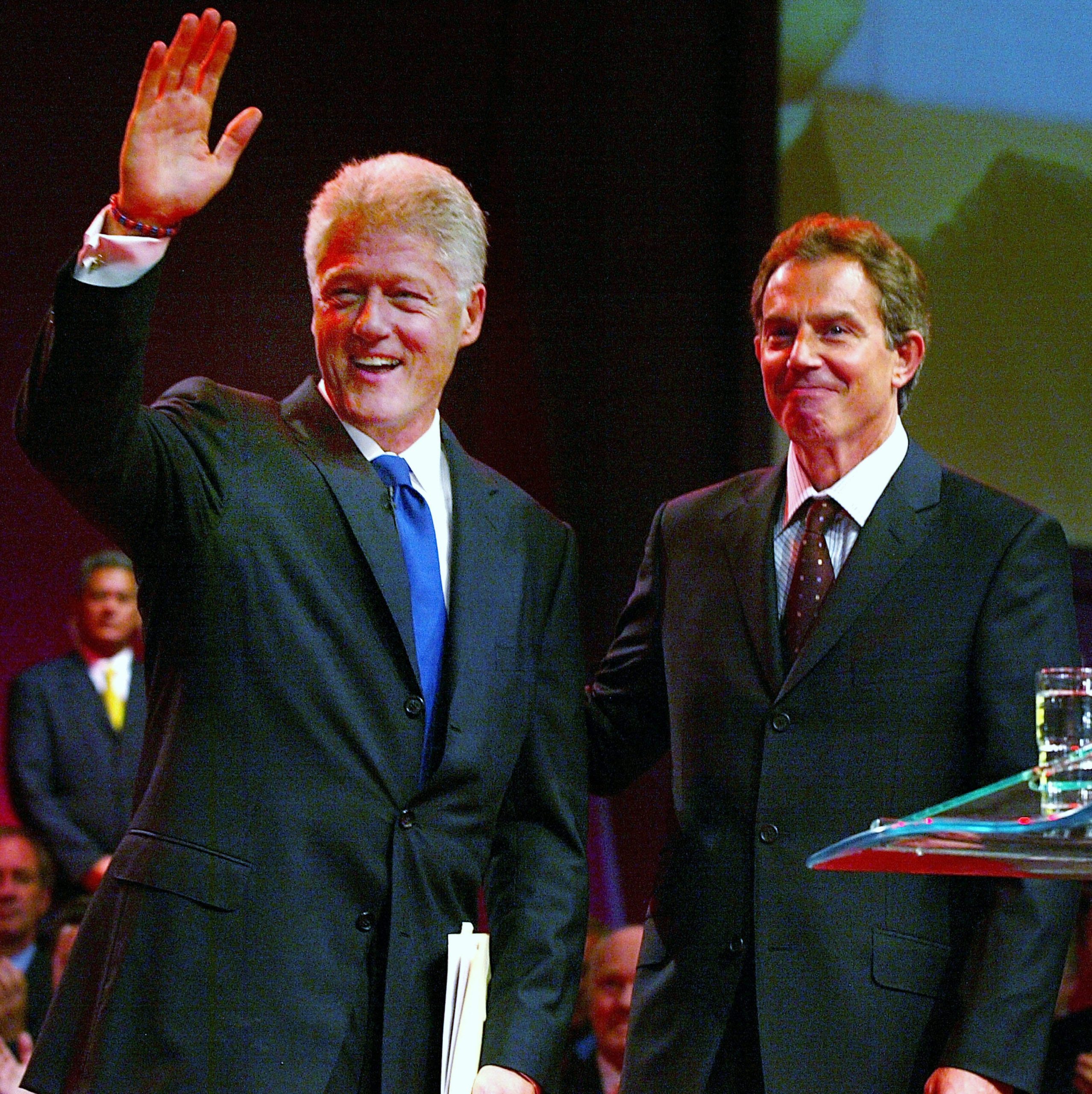
What happened in the parliamentary elections last week was the political equivalent of the collapse of a financial bubble.
For two years, practically everyone outside the circle of Jeremy Corbyn’s own supporters has been insisting the man was “unelectable”. He was an extremist, a well-meaning incompetent, a dogmatic Trotskyist pacifist whose vegetarian beardedness would drive millions of hard-drinking, meat-eating, working class voters into the arms of the Tories.



